Strict new ‘enhanced vetting’ of people trying to get into the US will include scrutiny of social media usage
Australians who need a visa to get into the US are set to be affected by tough new requirements by the Trump Administration.
Australians requiring a visa to enter the US will be forced to disclose their social media account details when they apply under strict new “enhanced vetting” procedures.
The US State Department is now requiring nearly all applicants for US visas to submit their social media usernames, previous email addresses and phone numbers.

Under the Visa Waiver Program, Australians entering the US for 90 days or less are not required to obtain a visa, as long as certain conditions are met. But Australians who fall outside of the program and require a visa will have to comply with the new social media scrutiny.
It is also unclear whether the social media vetting could be extended in future to cover the 38 countries that fall under the Visa Waiver Program of the United States.
Under the new requirements, visa applicants will have the option to say that they do not use social media, but people caught lying about their social media use could face “serious immigration consequences”, a State Department official told The Hill.
The department is updating its immigrant and non-immigrant visa application forms to request the additional information from nearly all applicants for US visas.
The Hill reports that most visa applicants, including temporary visitors, will be required to list their social media identifiers in a drop down menu along with other personal information in a vast expansion of the Trump administration’s enhanced screening of foreign nationals.
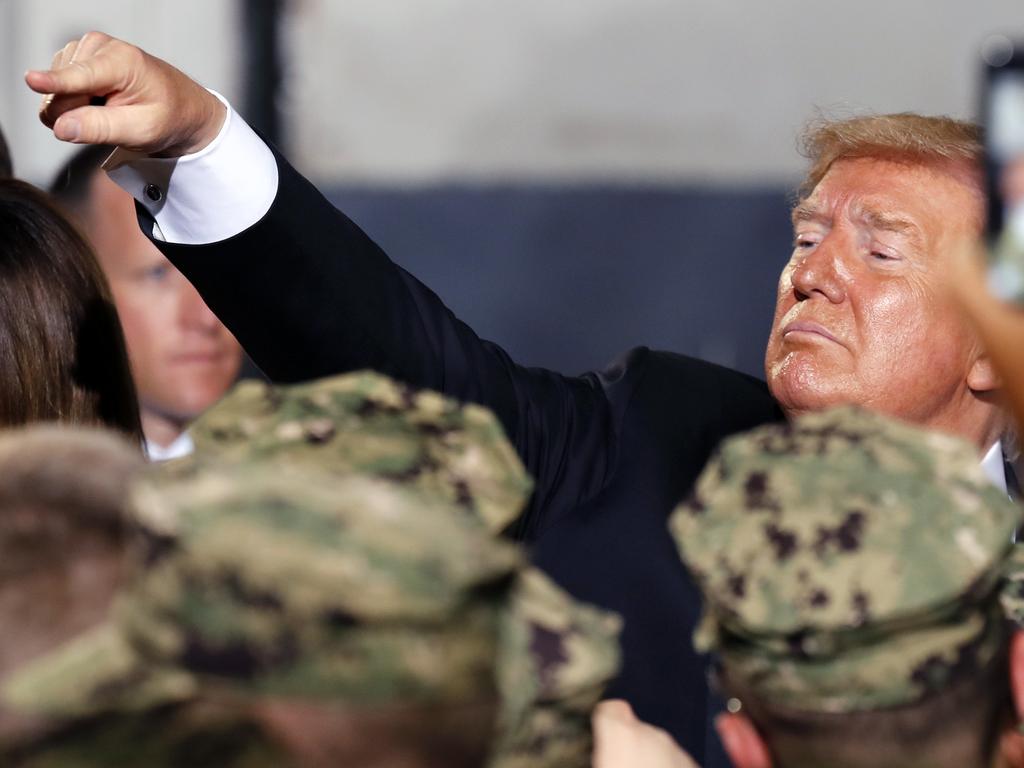
For now, the drop down menu only includes major social media websites, but the official said applicants soon will be able to list all sites that they use.
The change, which was proposed in March 2018, is expected to affect about 15 million foreigners who apply for visas to enter the US each year.
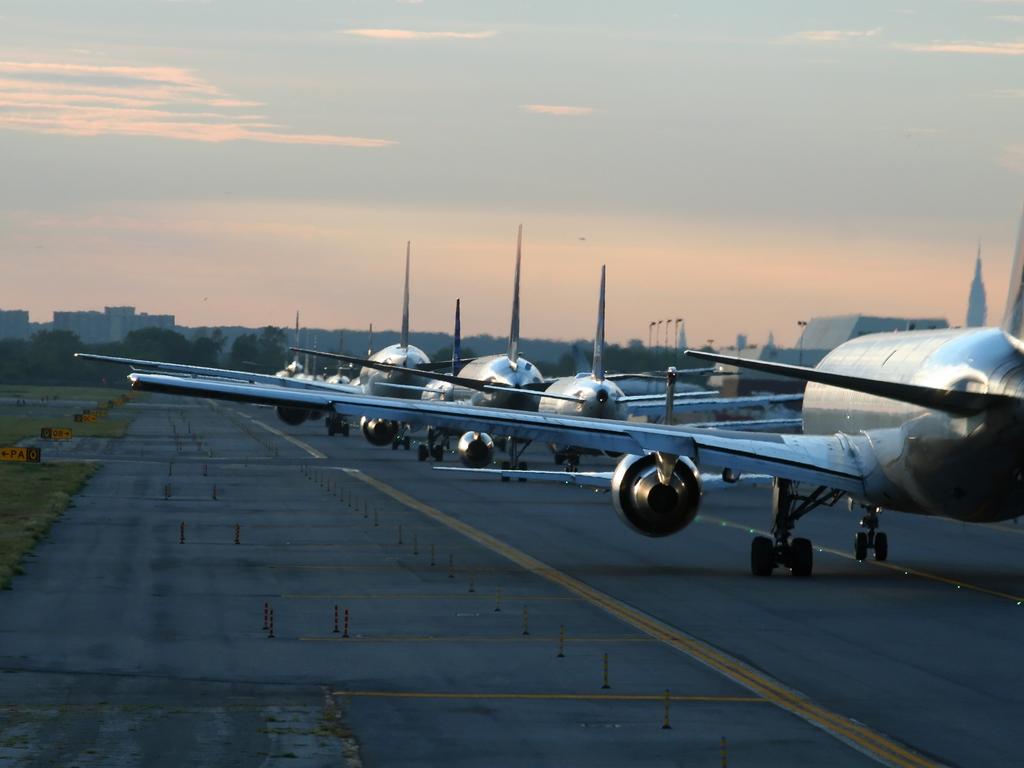
Social media, email and phone number histories had only been sought in the past from applicants who were identified for extra scrutiny, such as people who had travelled to areas controlled by terrorist organisations.
“This is a critical step forward in establishing enhanced vetting of foreign nationals seeking entry into the United States,” the department official said.
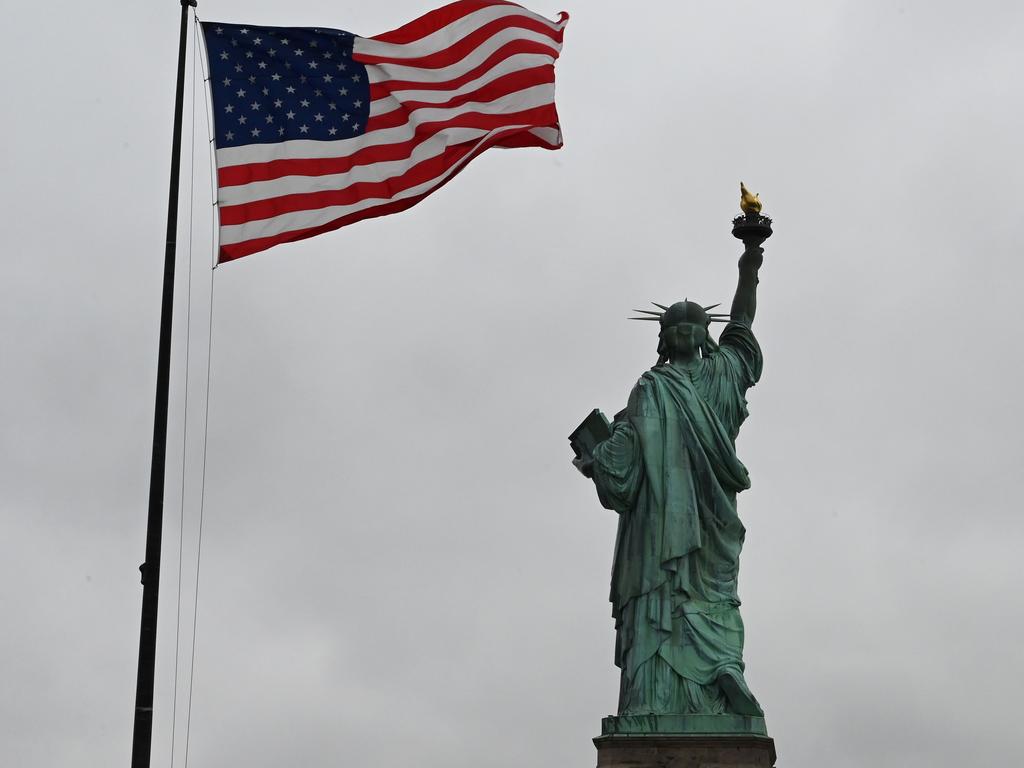
“As we’ve seen around the world in recent years, social media can be a major forum for terrorist sentiment and activity. This will be a vital tool to screen out terrorists, public safety threats, and other dangerous individuals from gaining immigration benefits and setting foot on U.S. soil.”
The US is the third most-popular overseas destination for Australians after New Zealand and Indonesia.
The social media identifiers will be incorporated into a background check review against watchlists generated by the US government.
Applicants will also be required in the future to turn more extensive information on their travel history.
The policy stems from a March 2017 executive order issued by President Trump intended to put “extreme vetting” into place and the State Department published its intent to implement the policy in March 2018.
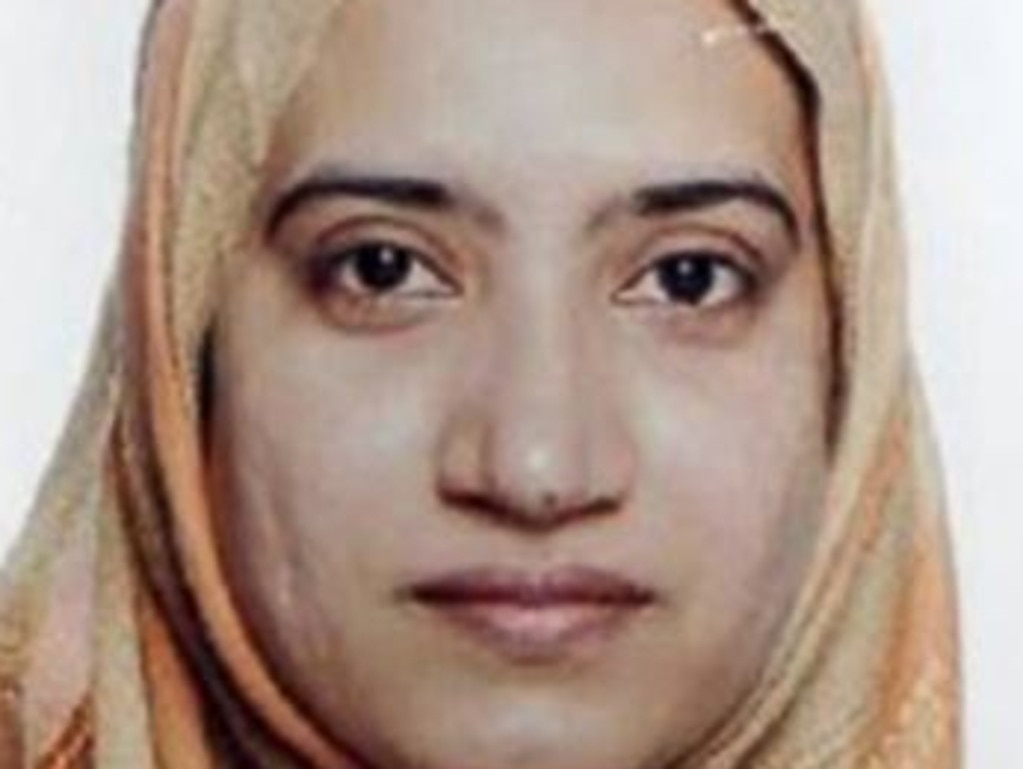
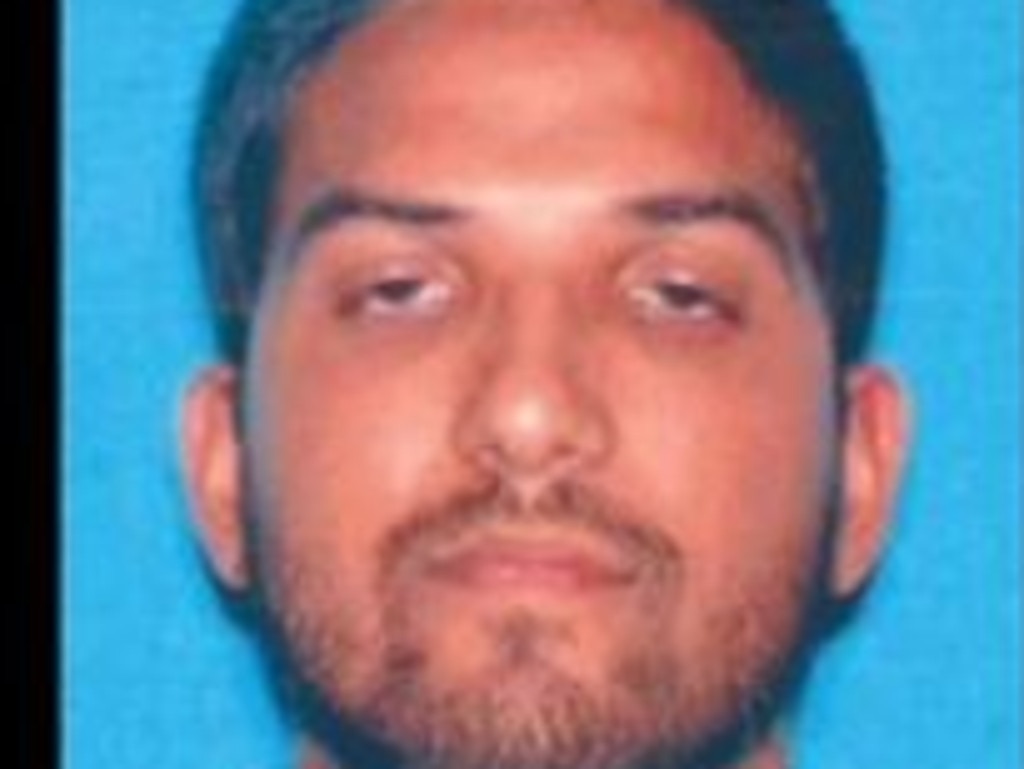
The Obama administration came under significant criticism in 2015 after Tashfeen Malik helped her US-born husband Syed Farook kill 14 people in a deadly 2015 shooting in San Bernardino, California.
Malik had declared terrorist sympathies in social media communications before she was granted a US visa.
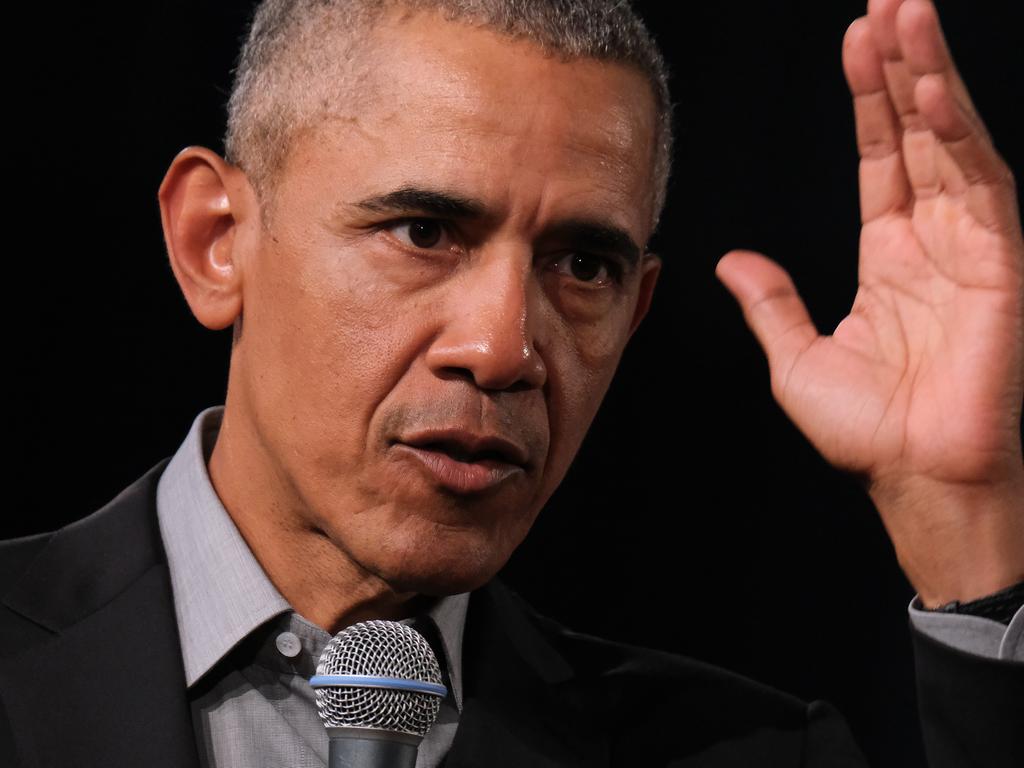
President Trump’s executive order is titled “Protecting The Nation From Foreign Terrorist Entry Into the United States”.



